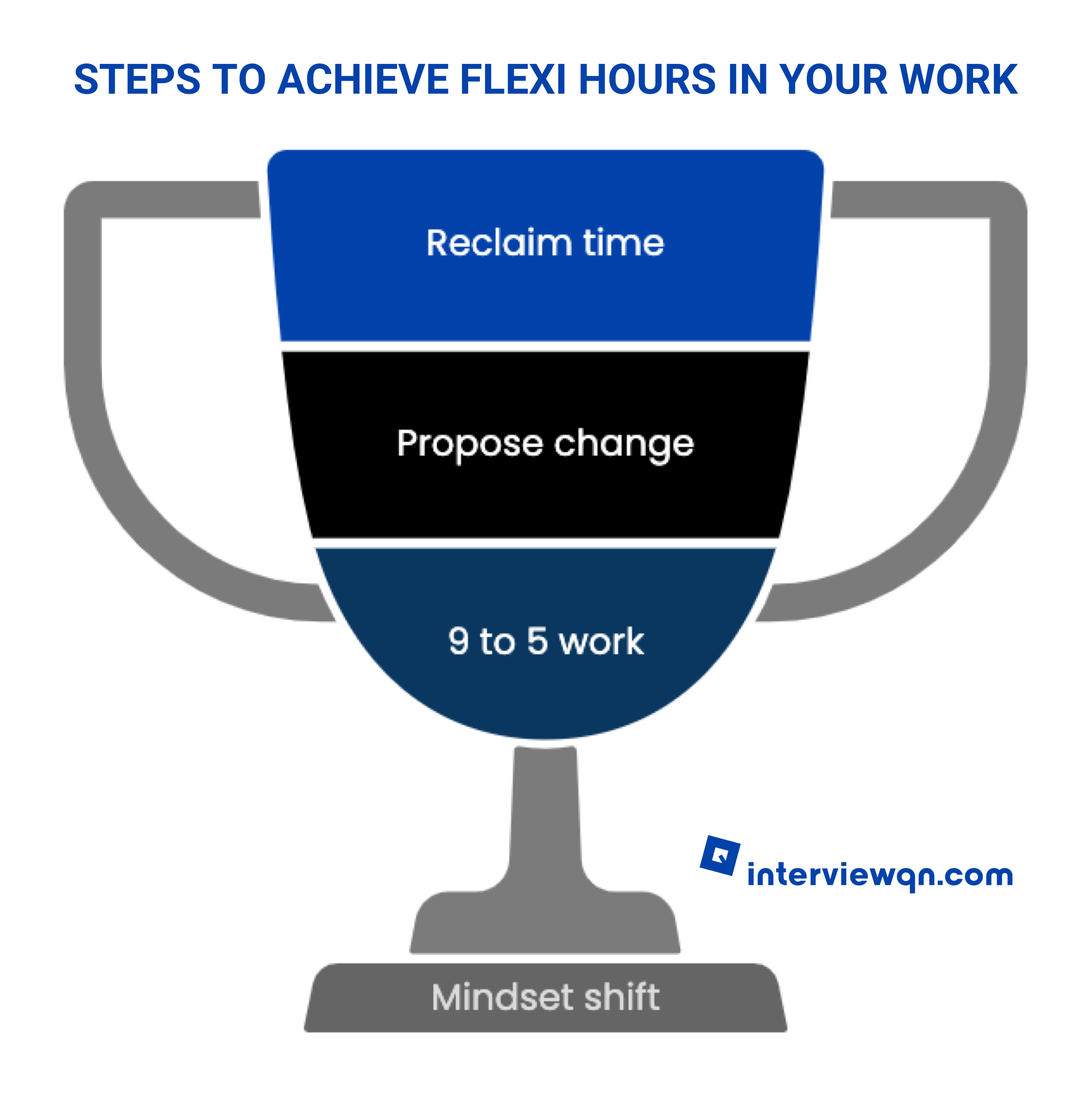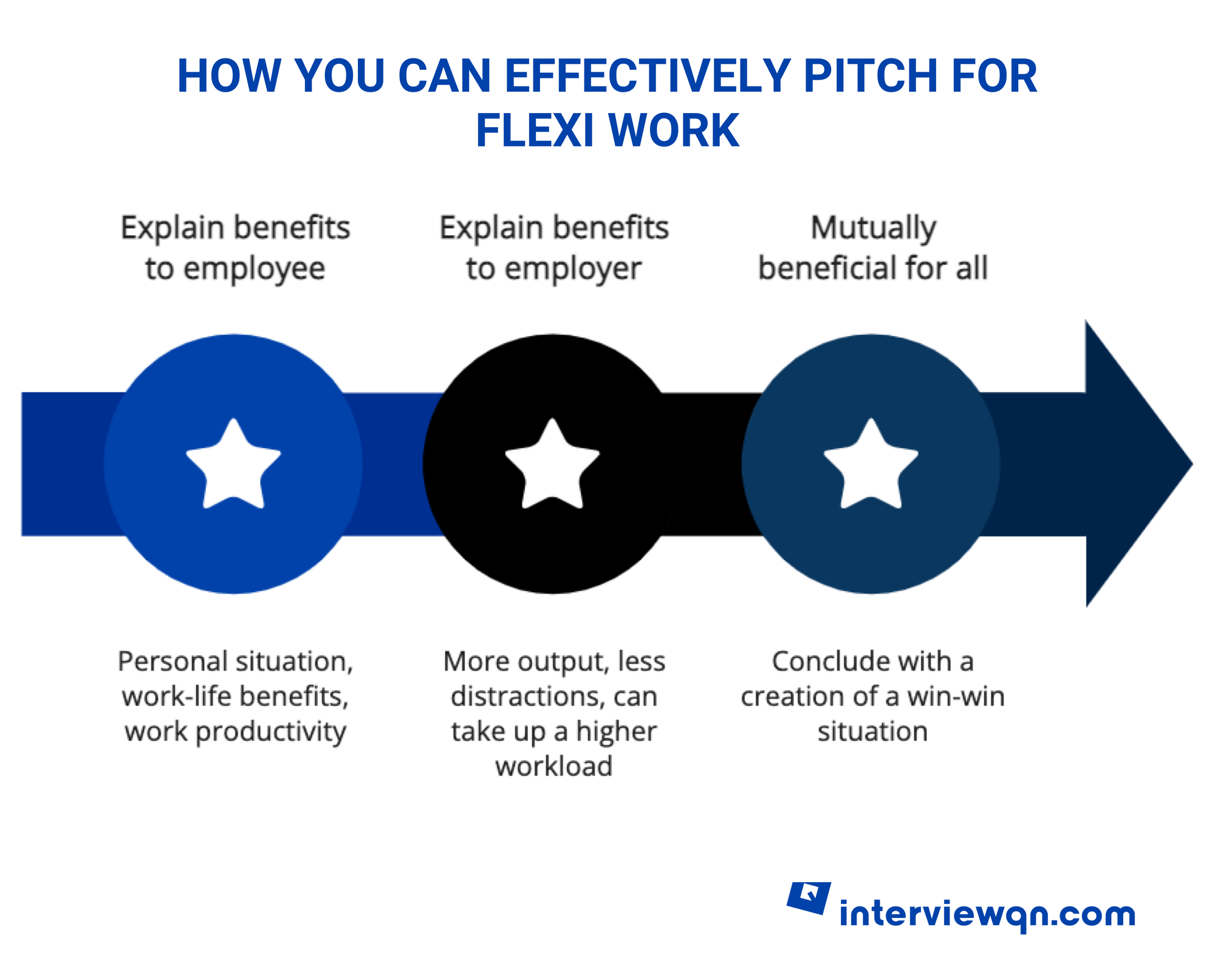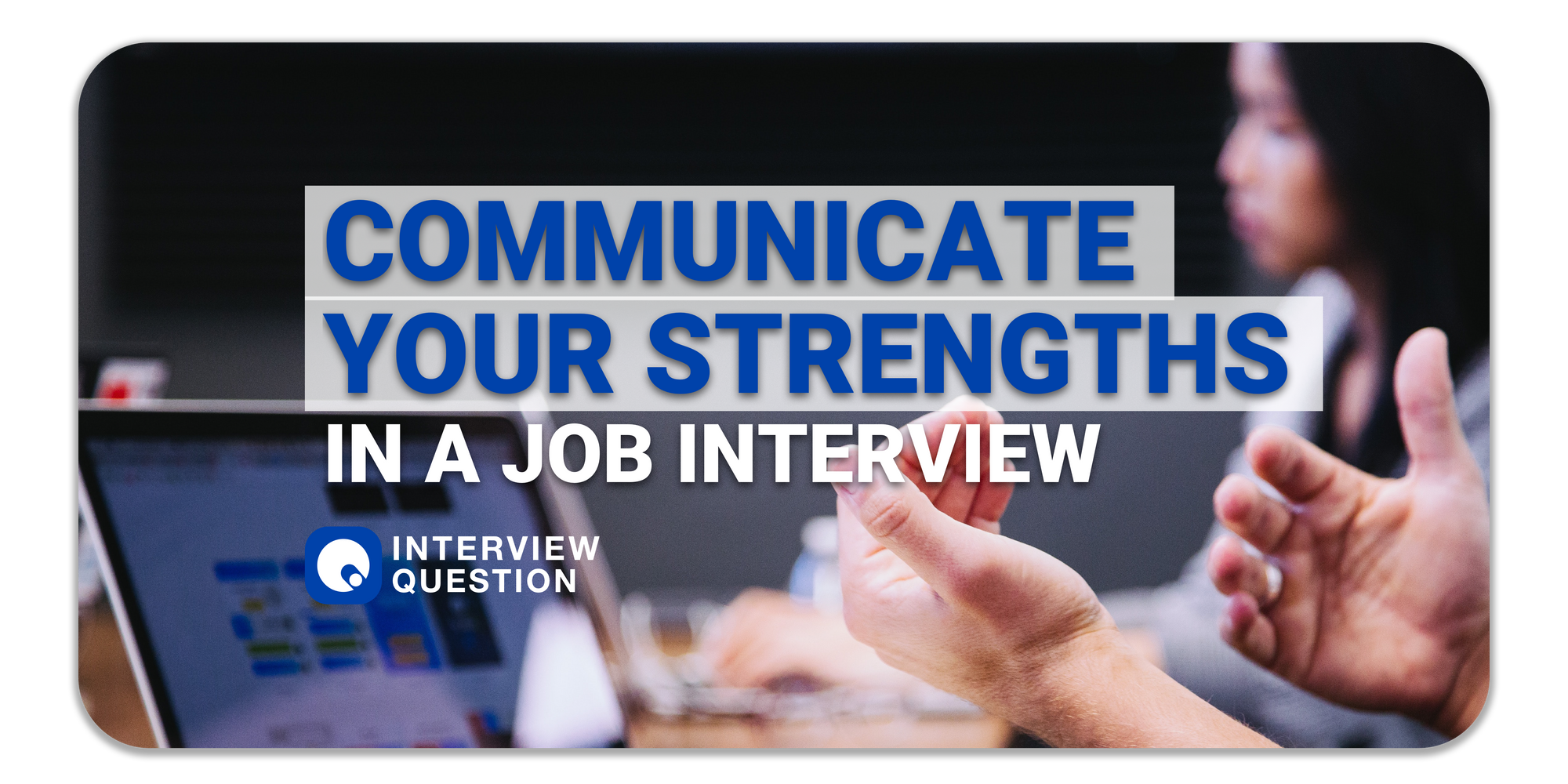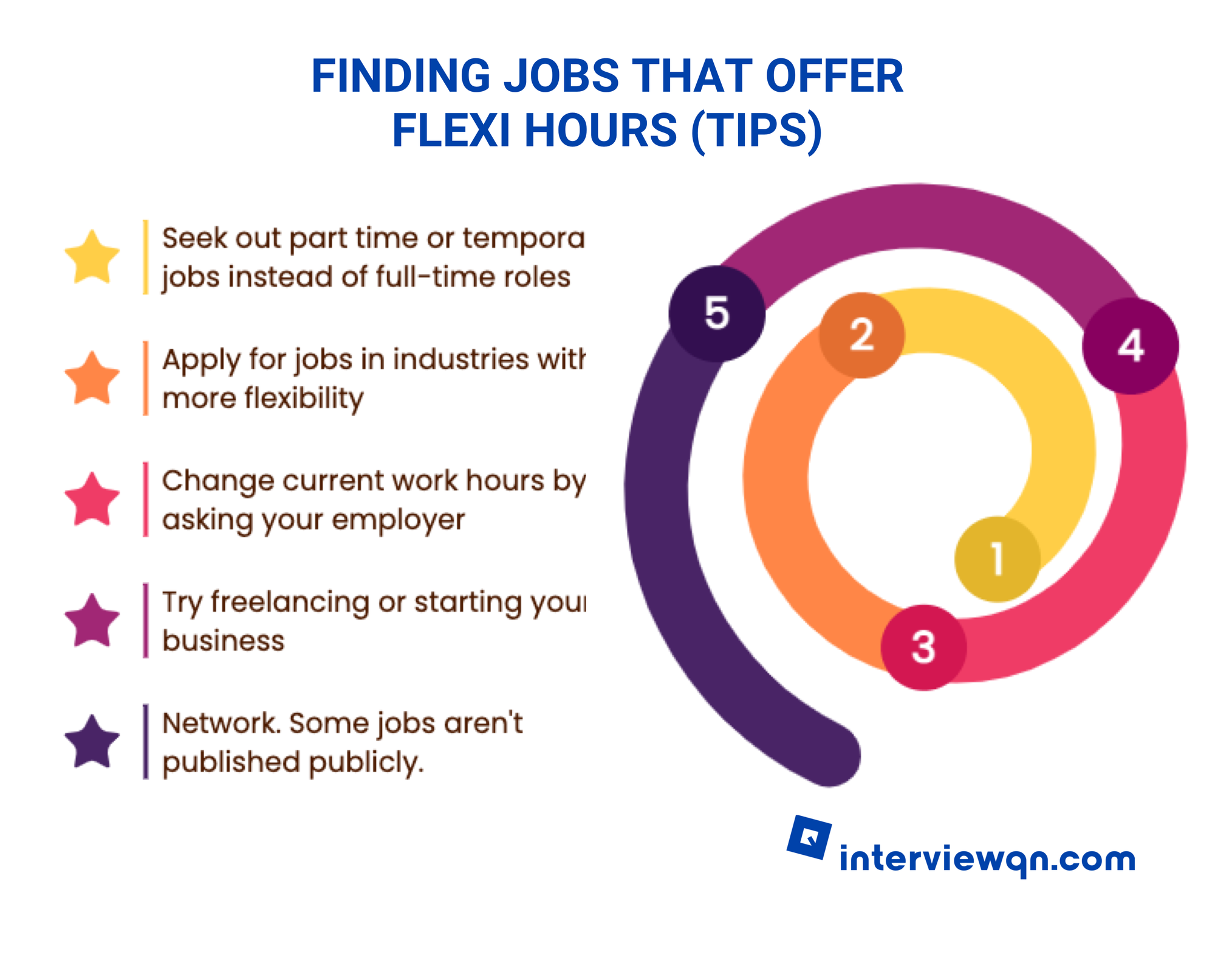How to Find Jobs with Flexible Hours
If you're looking for a job with flexible hours, here are some tips to help you find these types of work and pick the one that's right for you.

Finding a job can be hard, but finding a job with flexible hours can be even harder. There are a few things you can do to increase your chances of finding a position that fits your schedule.
Release yourself from the idea of 9 to 5, and perform a mindset shift to flexi hours
If you're looking to switch to a more flexible work schedule, there are a few things you should keep in mind.

First, remember that you're not limited to the typical 9-5 work day. There are plenty of jobs that offer flexi hours, which means you can choose when you want to start and end your work day.
Second, make sure you talk to your boss or HR department about making the switch. Propose the idea of a flexi work arrangements. They may have some concerns about your ability to get work done outside of traditional office hours, but as long as you can show them that you're still productive, they'll be on board with the change.
Finally, once you've made the switch, take advantage of it! Use flexi hours to create a better balance between your work and personal life.
How to make your case proposal for a more flexible work schedule
There are a few key points you'll want to hit in order to make your case for a more flexible work schedule.

First, explain how a more flexible schedule would benefit you personally. Perhaps you have young children at home and need to be able to drop them off and pick them up from school each day. Or maybe you're caring for an elderly parent and need the ability to take them to doctor's appointments during the week.
Whatever your personal situation may be, explain how having a more flexible work schedule would help improve your quality of life.
Next, discuss how a more flexible work schedule would benefit your employer. Perhaps it would allow you to increase your productivity by working some evenings or weekends when there are fewer distractions around the office.
A flexi schedule can help you put more focus on and communicate your strengths, perform better at work and bring in more revenue for the organisation (or meet the organisation's objectives - for governmental and non-profits).

Or maybe it would enable you to take on additional assignments or responsibilities outside of normal business hours. Plus, it would avoid the situation where your boss may have to conduct second, third and multiple interview rounds with other candidates (for business continuity planning) if you decide you are left with no choice but to leave your job.
Ultimately, demonstrate how accommodating your request for a more flexible work schedule could positively impact both yourself and your employer.
Tips for finding jobs with the hours you need
Finding a job that works with the hours you need and can handle is not always easy.
If you have kids, are in school, or just have a lot of other commitments, you know how important it is to find a job with the right hours.

Here are some tips for finding jobs with the working hours you need and handle:
- Start by searching for jobs that match your desired hours advertised as part-time, temporary or flexible. For example, if you’re looking for part-time work, search for “part-time jobs near me.” This will give you a list of positions that fit your criteria.
- Also, look for jobs in industries that tend to offer more flexible hours, such as hospitality or retail.
- Think about the type of work you’re willing to do. Some roles, such as customer service, require more availability than others.
- Once you have a list of potential jobs, take a look at the job descriptions and requirements to see if they match your skillset and experience level.
- Make sure that the job has a short notice period if you intend to use that job as a stepping stone into a bigger company or a larger position. A short notice period makes it easy for you to make yourself available to join a better competing vacancy should you find one.
- If there are multiple positions that interest you, reach out to the companies directly and inquire about their hiring process and whether or not they have any open positions that fit your schedule needs. As interview schedules run concurrently after you fire off all your applications, it could be a good opportunity to tender resignation and serve notice while job hunting in the meantime.
- Talk to your current employer: If you’re already employed but looking for more hours, talk to your boss about the possibility of picking up additional shifts or taking on more responsibility at work. Many employers are willing to accommodate their employees’ schedules if it means keeping them happy and productive. Otherwise, if you decide to leave your post and work somewhere else because your employer cannot agree to your flexi-hour request, then it is best not to reveal details of your transition when you are made to sit in an exit interview.
- Get creative: There are many ways to make money outside of traditional employment relationships. Consider quitting and becoming a freelancer or starting your own business if traditional 9-5 jobs don’t fit into your schedule. There are many opportunities out there for people who are willing to get creative!
- Finally, don’t forget to network! Get in touch with friends, family members, or other contacts who might be able to put you in touch with someone at one of your target companies.
Conclusion
Wrapping up, like many things in life, finding a job with flexible hours is all about being proactive and knowing where to look.
The key is to identify your skillset and interests, and then search for positions that match those criteria. With a little effort, you should be able to find a position that allows you to have the flexibility you desire.

